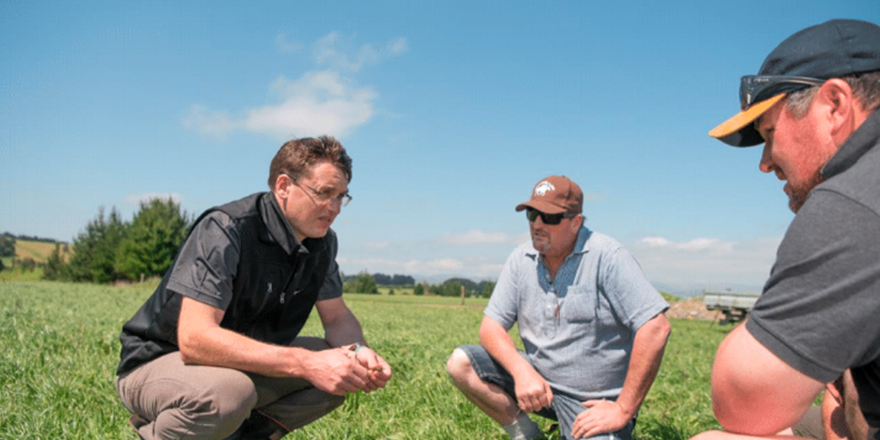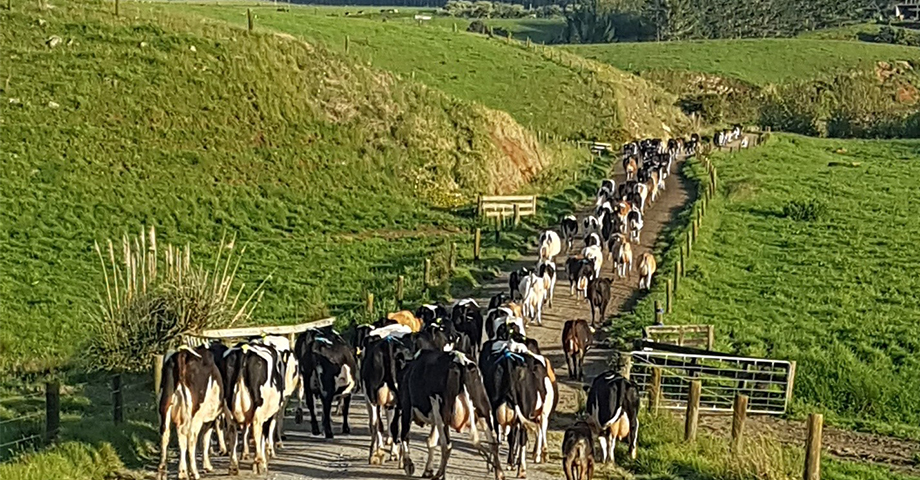
Executive Summary
Farmers are faced with many challenges. The external pressures of public perception, regulation and compliance have become stronger in recent years, and concerningly are likely to get more so. A farm is not just a business, it is a way of life for many people and supports many families.
Rural professionals help farmers achieve their aspirations and provide guidance on the operational boundaries of the farming business. Operational boundaries however shift under the influence of external pressures. Rural professionals have a role during this time of change and uncertainty to help farmers establish the best possible position on their farm, and within their community.
This project investigated the opportunities for rural professionals to be more effective to help farmers under pressure. Research was completed through a literature review and completion of twelve interviews. Those interviewed were from three representative groups – farmers, rural professionals, and extension programme managers. Research identified considerations for the rural professional as an individual and identified considerations for rural professional organisations. To be effective both the individual and the organisation must play their part. Common themes from the research were:
Rural professional individual:
- Drivers of decision making must be understood
- The first point of contact is critical
- Technical competency remains important
- Trust must be earned, and empathy demonstrated
Rural professional organisation:
- Empower learning through coaching
- Finding the right metrics to measure and report is critical
- Value the time it takes to build enduring relationships
- Technology is a double-edged sword
- Avoid “one stop” and “cold calling” programmes
- There is a need to increase capacity, and will be achieved with the right industry culture
Extension theory to achieve change remains sound, having identified the importance of relationships and influencing from a position of trust. Change is often a journey and multiple stages within a change process need to be captured and reported for one to gain a true appreciation of the extent of change occurring in the primary sector.
Having evaluated the research, the following recommendations have been made:
Rural professional individual – the “change enabler”:
- Follow the VALUE approach for first meetings
- Build your networks and understand everyone has a network you can influence
- Ensure your logic is grounded
- Develop your coaching skills to empower farmers to seek knowledge
Rural professional organisation – the “change empowerer”:
- Follow the coach approach
- Continue with the sound extension model
- Take data seriously
- Develop aspirational programmes
- Operate at a community level with a global focus
Rural professionals are able to help farmers to meet the many challenges currently facing the primary sector. This will be achieved through enabling activity with programmes which empower farmers to lead their own change. Technical competency of rural professionals will remain valued by farmers, but their ability to elevate a farmers own thinking will be the difference between being constantly challenged or continually empowered. There are always areas of improvement, but what remains core to any role is the importance of maintaining enduring relationships built on trust and respect.
I hope this report will provide rural professionals and the organisations they work for comfort in the fundamental principles of being an effective change agent. Farmers currently face significant pressure. Rural professionals have a role to help farmers maintain a future focus. This role will be more effective when the recommendations of this report are embedded into everyday practice.
Download and read the full report here




